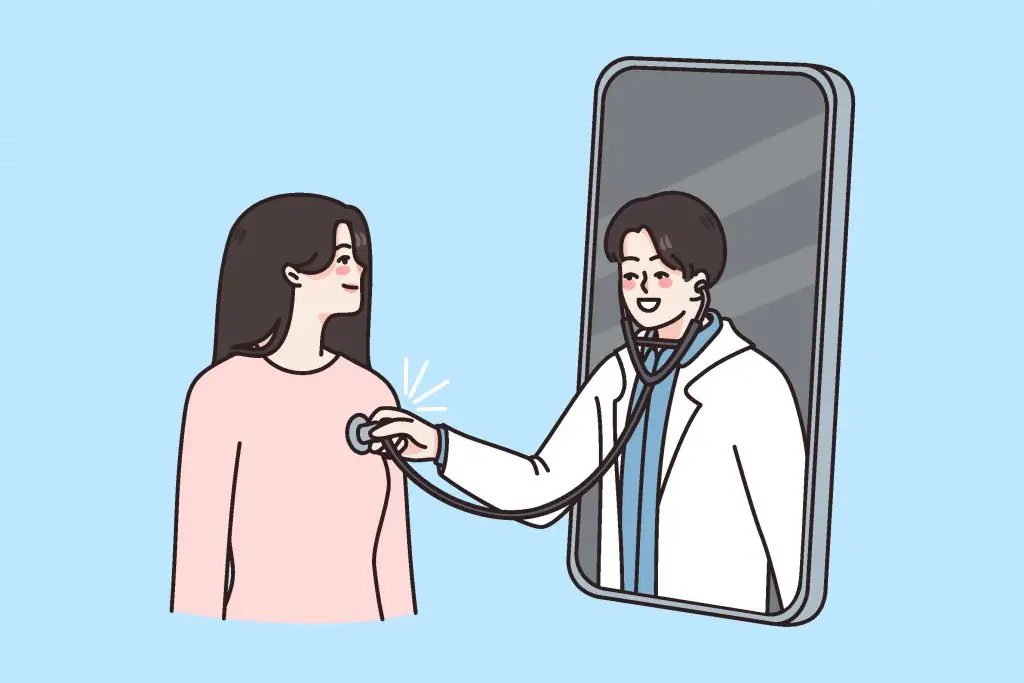Key Highlights
- Early signs of dementia often appear as subtle changes in memory, thinking, and personality, making them easy to overlook at first.
- Symptoms of dementia include persistent memory loss, confusion, poor judgment, and personality changes that affect daily life.
- Risk factors for dementia range from age and genetics to lifestyle choices, such as diet and physical activity.
- Different types of dementia—like Alzheimer’s, vascular, and Lewy body—show unique early symptoms.
- Early diagnosis is crucial for treatment options, support, and future planning.
- Family members and friends play a key role in recognizing the first signs and encouraging medical evaluation.
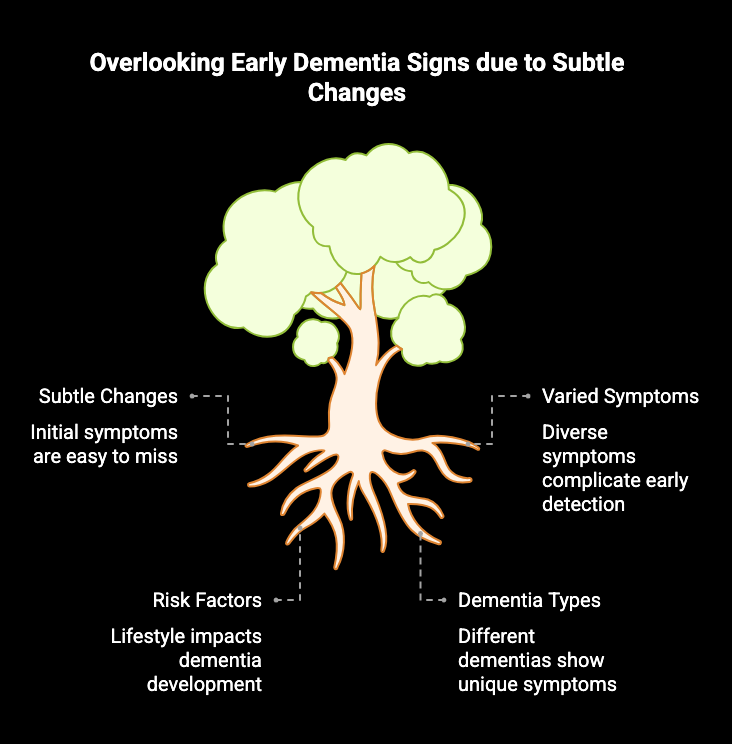
Introduction
Recognizing the nuances of early dementia signs is crucial for timely intervention and support. Unlike typical memory lapses encountered in daily life, the warning signs of dementia often manifest as persistent cognitive decline, emotional shifts, and behavioral changes. Individuals may struggle with everyday tasks, find it challenging to recall simple words, or display unusual mood swings that disrupt their social interactions. Understanding these early symptoms allows caregivers and family members to approach conversations with empathy and understanding, ultimately paving the way for an early diagnosis and enhancing the quality of life for those affected.
How to Spot the Early Signs of Dementia
Detecting dementia in its early stages could be crucial for maintaining years of independence for those we care about. Imagine a scenario where your parents, spouse, or grandparents start to exhibit subtle changes in behavior. At first glance, these changes may seem insignificant, and it’s easy to overlook them. However, recognizing these early red flags can make a significant difference.
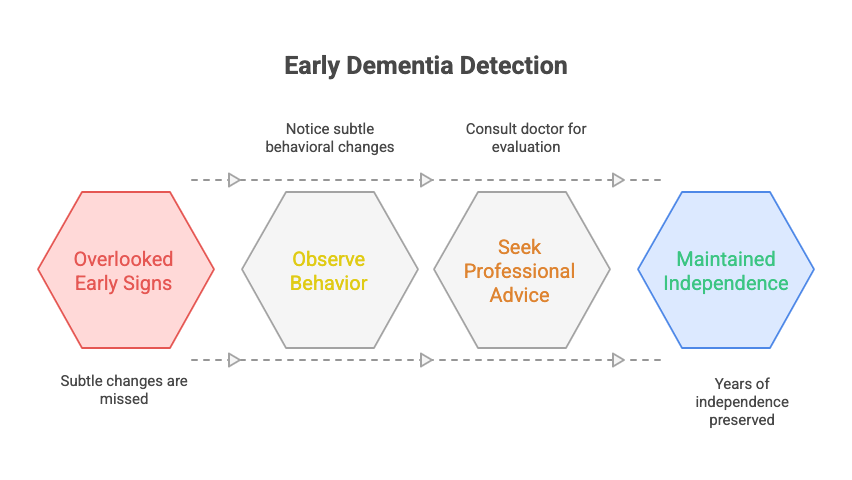
Recognizing the Signs
Dementia can manifest in various ways, and it’s important to be aware of some of the common early indicators. These include:
- Forgetfulness: A noticeable change can occur when someone starts forgetting words they frequently use.
- Repetition: Another sign is when they begin repeating the same questions within minutes.
- Simple Tasks Become Challenging: They might struggle with everyday tasks such as cooking and paying bills.
- Disorientation: Getting lost in places that were once familiar is a cause for concern.
- Mood Changes: Look for shifts in mood, such as increased anxiety, fear, or even anger.
Understanding the Impact
According to the Alzheimer’s Association, one in nine Americans over the age of 65 is affected by dementia. Early detection can open doors to treatment planning and lifestyle changes that may help in slowing down the progression of the disease.
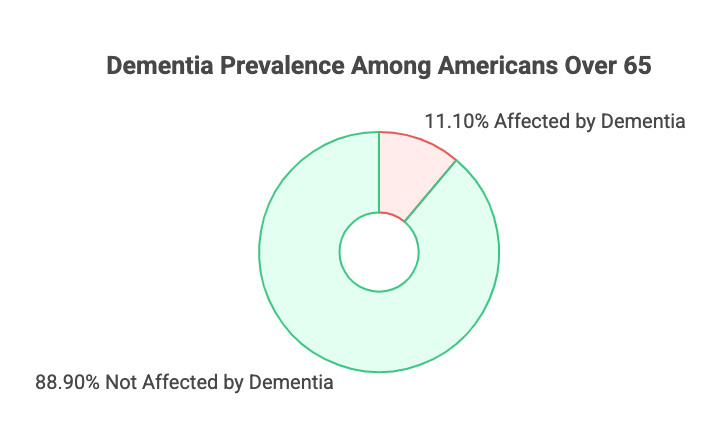
The Importance of Early Detection
The critical turning point occurs when families stop dismissing these signs as mere aging. Recognizing and addressing them means that your loved one can maintain more control, preserve memories, and uphold their dignity for as long as possible.
Take Action
It’s vital not to wait if you notice these signs. Have a conversation with a healthcare professional and discuss these observations. By sharing this information and raising awareness, you could ultimately protect someone’s future.
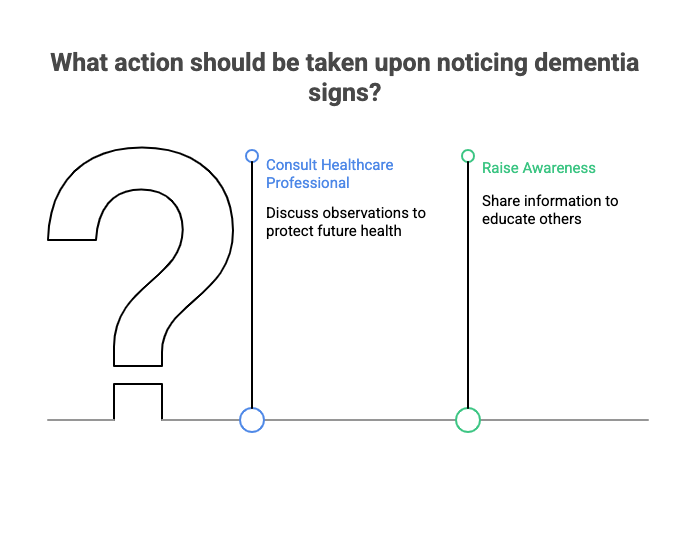
Conclusion
Early detection and intervention can significantly impact the life of someone with dementia. Your awareness and action can play a crucial role in shaping their future. If you recognize these signs, talk to your doctor and encourage others to do the same. Share this information; it could make all the difference.
Thank you for your attention to this important issue. Protecting the future of someone you care about starts with awareness today.
Frequently Asked Questions
What are some subtle early signs of dementia I should not ignore?
Some subtle early signs of dementia include difficulty with familiar tasks, changes in mood or personality, and increased confusion about time or place. Additionally, misplacing items frequently and struggling to find the right words can indicate cognitive decline that should not be overlooked.
Is it possible for younger adults to show early signs of dementia?
Yes, younger adults can exhibit early signs of dementia, though it’s less common. Factors like genetic predisposition and underlying health issues may contribute. Early detection is crucial, as it allows for better management and support for those affected by cognitive decline at a young age.
Can early-stage dementia be reversed or slowed down?
While there’s no cure for early-stage dementia, certain interventions like cognitive therapy, medications, and lifestyle changes may help slow its progression. Early detection and a supportive environment are crucial in managing symptoms effectively and enhancing quality of life for affected individuals.

